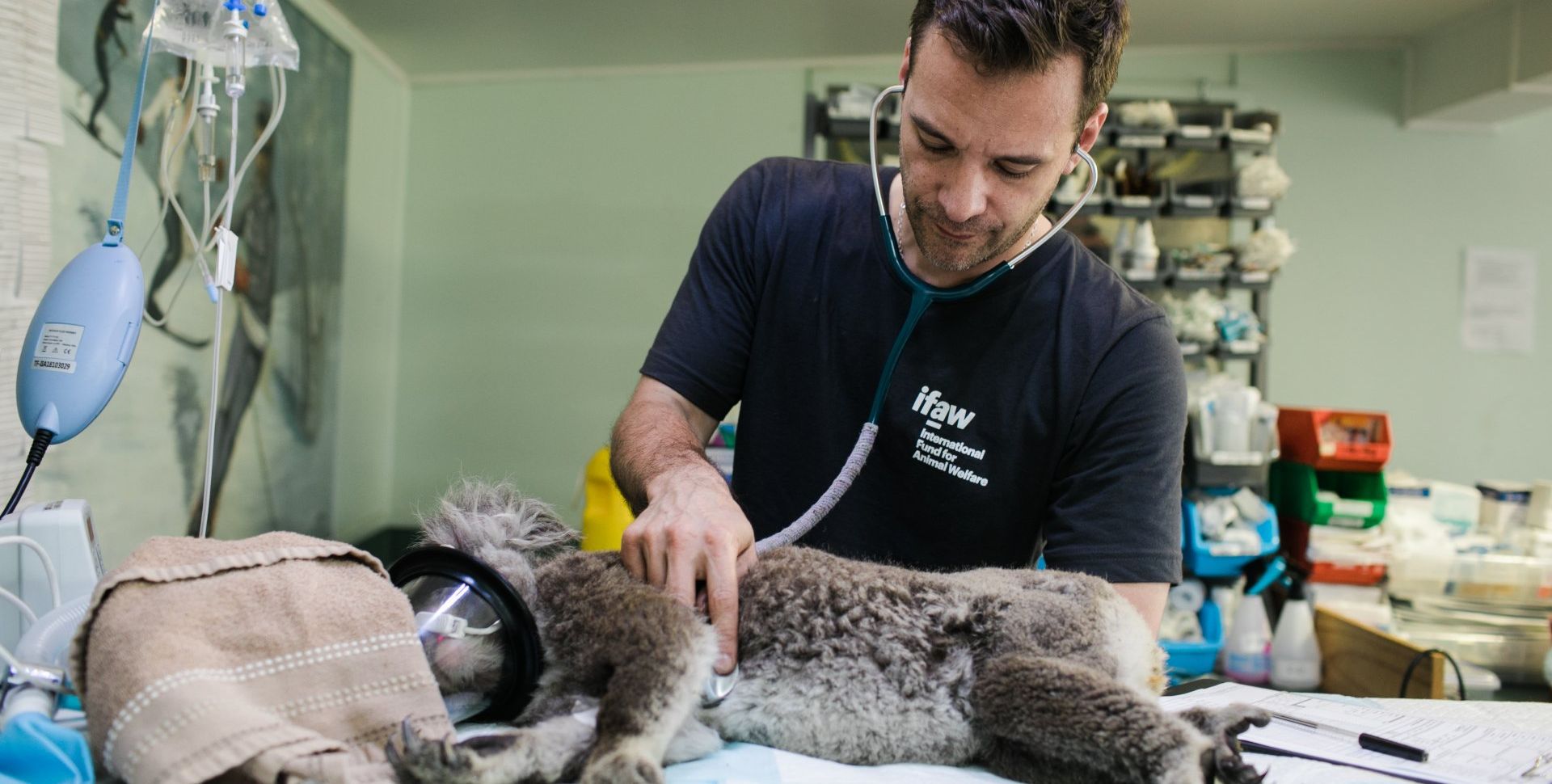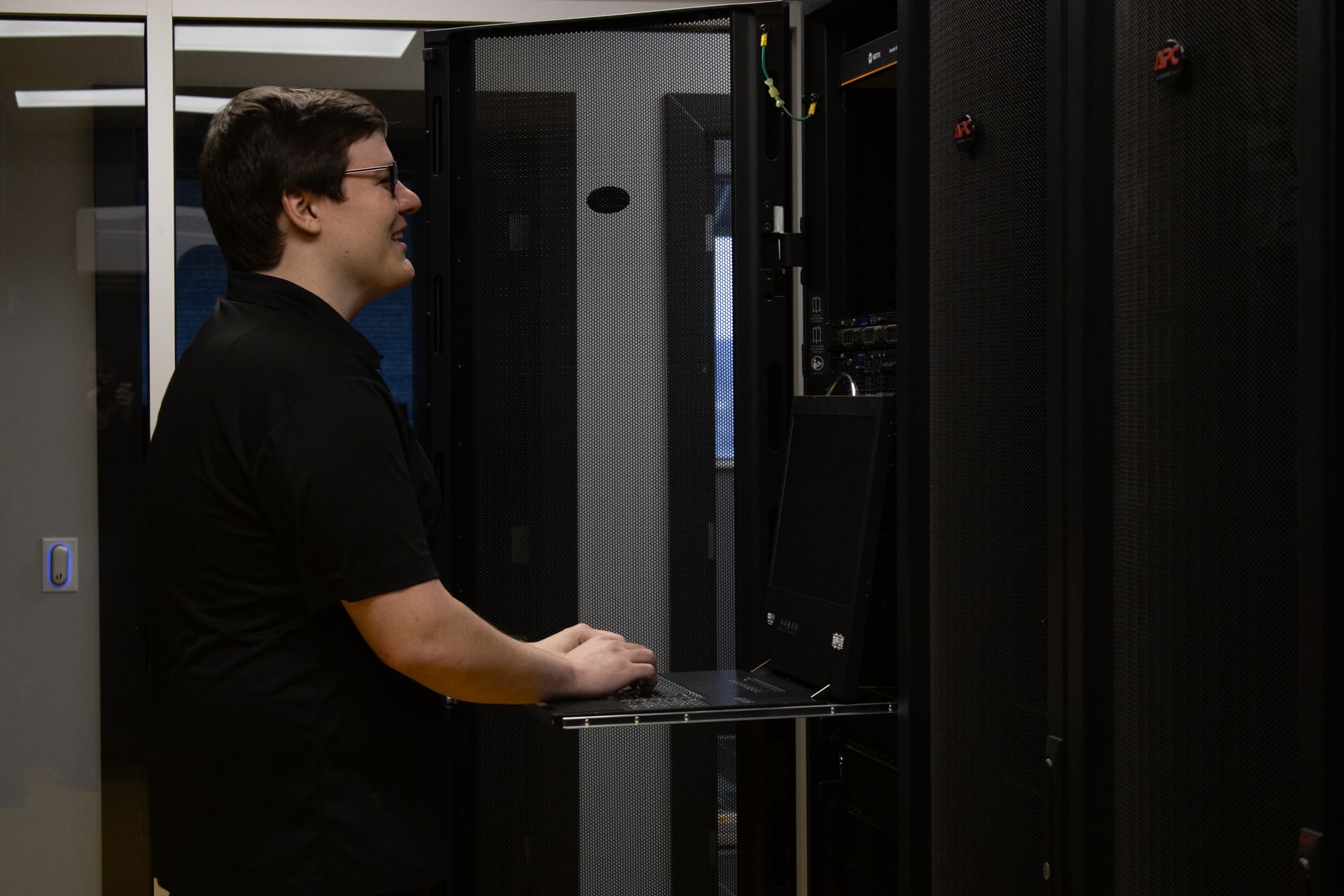Why Cybersecurity is Important for Veterinary Clinics
by Ted Stahl | NOC Technology
Keeping your practice patient-focused.

As a veterinary clinic owner, protecting your patients' information and the reputation of your practice is essential. With the increasing use of technology in veterinary medicine, the risk of cyber-attacks has become a growing concern. In fact, according to the FBI, healthcare is the most targeted industry for cyber-attacks, and veterinary clinics are no exception.
One of the biggest concerns for veterinary clinics is the potential loss of patient data. Personal information such as pet's health records, owner's contact information, and payment details can be valuable to cybercriminals, who can use it for identity theft or financial fraud. A data breach can also result in significant financial losses for the clinic, as well as damage to the clinic's reputation.
Another concern is the potential disruption of clinic operations. Cyber-attacks can result in losing access to patient records, appointment scheduling systems, and other critical systems. This can cause significant disruptions to the clinic's workflow, resulting in delays and lost revenue.
To protect against these risks, veterinary clinics should take a proactive approach to cybersecurity. Here are a few steps that can be taken:
- Employee education and training: Veterinary clinics should provide regular training for employees on how to identify and prevent cyber-attacks. This should include training on how to recognize phishing scams, how to create strong passwords, and how to handle patient data securely.
- Network security: Veterinary clinics should implement strong network security measures, such as firewalls, intrusion detection and prevention systems, and virtual private networks (VPNs). These measures can help protect against network attacks and unauthorized access to patient data.
- Data encryption: Veterinary clinics should encrypt sensitive patient data, both in transit and at rest. This can help protect against data breaches and unauthorized access to patient data.
- Regular software updates: Veterinary clinics should keep all software and systems updated with the latest security patches and updates. This can help prevent known vulnerabilities from being exploited by cybercriminals.
- Regular security assessments and penetration testing: Veterinary clinics should conduct regular security assessments and penetration testing to identify and address any system vulnerabilities.
In conclusion, cybersecurity is an essential consideration for veterinary clinics. With the increasing use of technology in veterinary medicine, the risk of cyber-attacks has become a growing concern. To protect against these risks, veterinary clinics should take a proactive approach to cybersecurity, including employee education and training, network security, data encryption, regular software updates and







